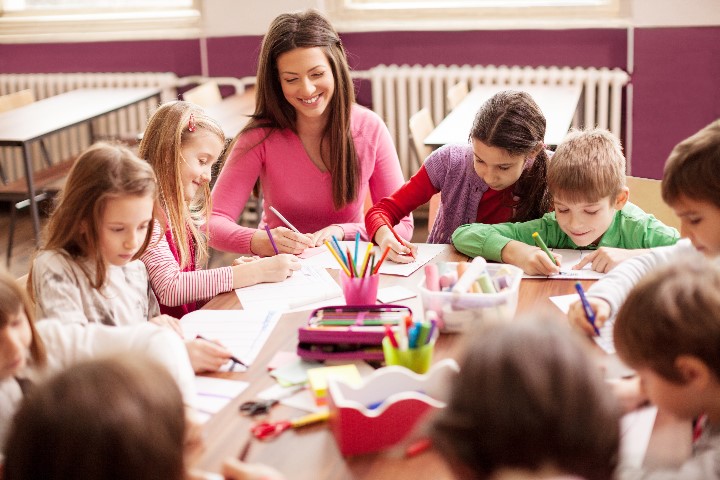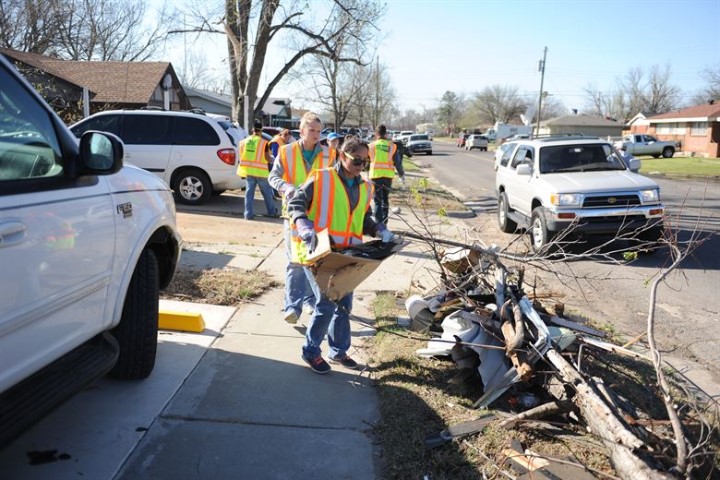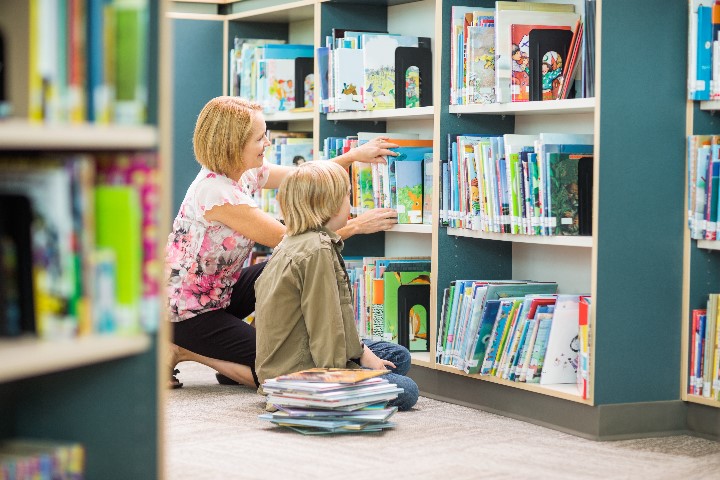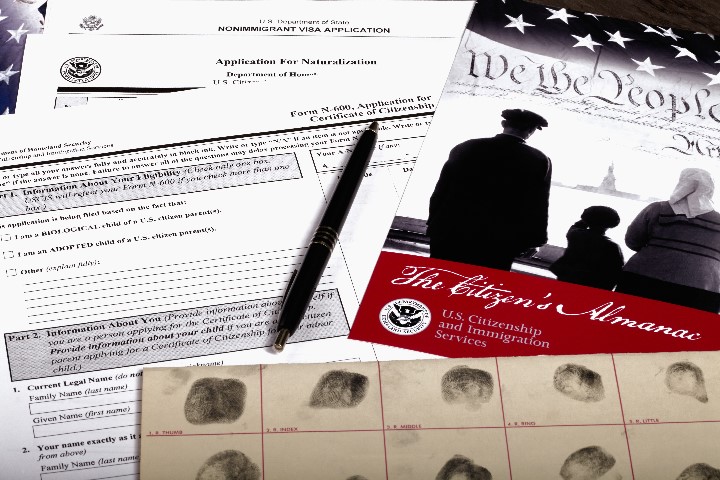A nine-year-old boy in York, Pennsylvania, was moved by compassion when he saw a YouTube video of a homeless boy in freezing weather, and he took action.
Tristan Rankin gathered 75 coats for the homeless. Then he started a non-profit called Coats of Friendship, with a board of 6-to-11-year-old students from Friendship Elementary School in nearby Glen Rock. For several years, the students have collected jackets and coats and have given them out to homeless neighbors on the streets and parks of the city. Tristan and his friends have made the coat drive bigger and better each year.
Now the whole school is involved. The Sunday after Thanksgiving, the students and their families gave out 1,500 coats and jackets at LifePath Christian Ministries. Each coat is donated with a handwritten note meant to tell the recipients that they are loved and cared about.
For Jackie Baez, who fled the hurricane in Puerto Rico with almost no personal belongings, the distribution carried a feeling of inclusion as well as physical warmth. “I’m here,” she told ABC 27, “and I feel warm and well-wanted.”
“I think everyone deserves to be warm,” Rankin said. “Maybe at one time they made a poor decision. That doesn’t mean they’re not human.”
Coats of Friendship collects winter items throughout the year. They can be contacted through their Facebook page.
It is natural for us to care for the people we know—our friends and family. Tristan Rankin is pushing beyond what’s natural to care for strangers, and to do it with handwritten notes that create a human connection between the kids and the recipients of the coats.
Rankin’s inspiring work spotlights the role of what University of Virginia sociologist James Davison Hunter calls moral attachment in his book The Death of Character. “It reflects the affirmation of our commitments to a larger community, the embrace of an ideal that attracts us, draws us, animates us, inspires us.”
Rankin’s work was featured in a short video that will inspire children and adults alike.
Resources from the Jubilee Centre can help students practice giving and receiving kindness with each other as a step toward being a kind person.










